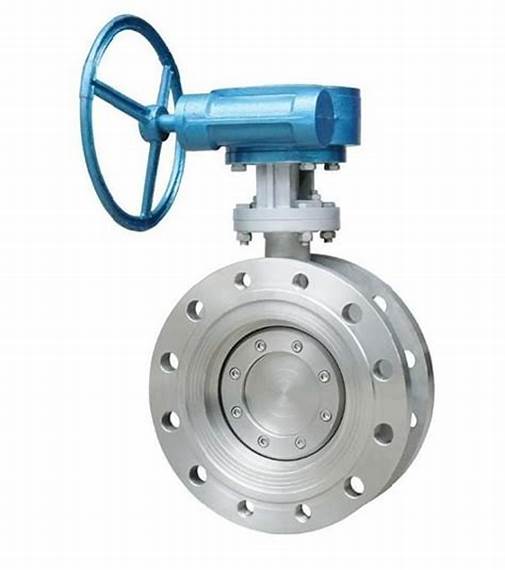flange suppliers
Flange Suppliers A Comprehensive Guide
Flanges are crucial components in various industrial applications, serving as connectors between two pipes or equipment. They are essential in maintaining the structural integrity of piping systems and ensuring leak-proof connections. As industries continue to grow, the demand for reliable flange suppliers has surged. In this article, we will explore the role of flange suppliers, the types of flanges they offer, and how to choose the right supplier for your needs.
The Role of Flange Suppliers
Flange suppliers are companies that manufacture and distribute flanges in various sizes, materials, and specifications. They play a critical role in several industries, including oil and gas, water treatment, power generation, and construction. By providing high-quality flanges, these suppliers help ensure that piping systems operate efficiently and safely.
A reputable flange supplier not only offers a wide range of flanges but also provides essential services such as customization, consultation, and timely delivery. Many suppliers stock a variety of flanges to meet different industry standards, ensuring that their clients can find the specific components they need without long lead times.
Types of Flanges
Flanges come in various types and are classified based on their design, usage, and material
. Here are some common types of flanges supplied in the market1. Weld Neck Flanges These flanges have a long neck that allows them to be welded to the pipe. This design provides strength and resistance to high pressure and temperature, making them ideal for critical applications.
2. Slip-On Flanges These flanges are easy to use and install, as they simply slip over the pipe end. They are often used in low-pressure applications due to their design, which can lead to a higher risk of leakage if not installed correctly.
3. Blind Flanges These flanges are solid and do not have a hole for the pipe, making them useful for closing off a piping system or an end of a pipe run. They are widely used in systems that may require maintenance in the future.
4. Socket Weld Flanges These flanges are designed for small diameter piping systems. The pipe is inserted into the flange and then welded, providing a strong connection suitable for high-pressure applications.
flange suppliers

5. Lap Joint Flanges These consist of two parts a stub end and a flanged connection. They are often used in systems where frequent dismantling is necessary, such as in the food and pharmaceutical industries.
6. Threaded Flanges These flanges have internal threads that allow them to be screwed onto the pipe, making them easy to install without welding. They are commonly used in low-pressure applications.
Choosing the Right Flange Supplier
When selecting a flange supplier, there are several factors to consider
1. Quality Assurance Ensure that the supplier adheres to industry standards and maintains quality in their manufacturing processes. Look for certifications or accreditations that demonstrate their commitment to quality.
2. Product Range A good supplier should offer a wide variety of flanges to meet your specific needs. Verify that they can provide the types you require and any custom specifications you may have.
3. Customer Service An efficient supplier should offer excellent customer service, providing guidance in selecting the right products and assisting with any issues that may arise.
4. Delivery Times Time is often of the essence in industrial projects. Ensure your supplier can meet your deadlines and provide reliable shipping options.
5. Pricing While price should not be the sole determining factor, it is essential to find a supplier that offers good value for high-quality products. Comparing prices from multiple suppliers can help ensure you make an informed decision.
Conclusion
In conclusion, flange suppliers play an indispensable role in various industries by providing essential components that ensure the reliability and safety of piping systems. By understanding the different types of flanges available and knowing what to look for in a supplier, businesses can make informed decisions that will benefit their operations for years to come. Quality, range, service, delivery, and pricing are key aspects to consider when selecting a supplier, ultimately leading to successful project outcomes and satisfied clients. Investing time in choosing the right flange supplier can significantly impact the efficiency and safety of your industrial processes.
-
Globe Valve: an Indispensable Component in Industrial Pipeline SystemsNewsApr.14,2025
-
Gate Valve: an Important Fluid Control DeviceNewsApr.14,2025
-
Flange: Important Components for Achieving Secure and Reliable ConnectionsNewsApr.14,2025
-
Check Valve: Key Components in Fluid ControlNewsApr.14,2025
-
Butterfly Valve: a Versatile Rotary ValveNewsApr.14,2025
-
Ball Valve: Exquisite Design and Widely Used Flow Control ComponentsNewsApr.14,2025
-
Real-World Success: Balanced Valves in Action for System EfficiencyNewsMar.19,2025




